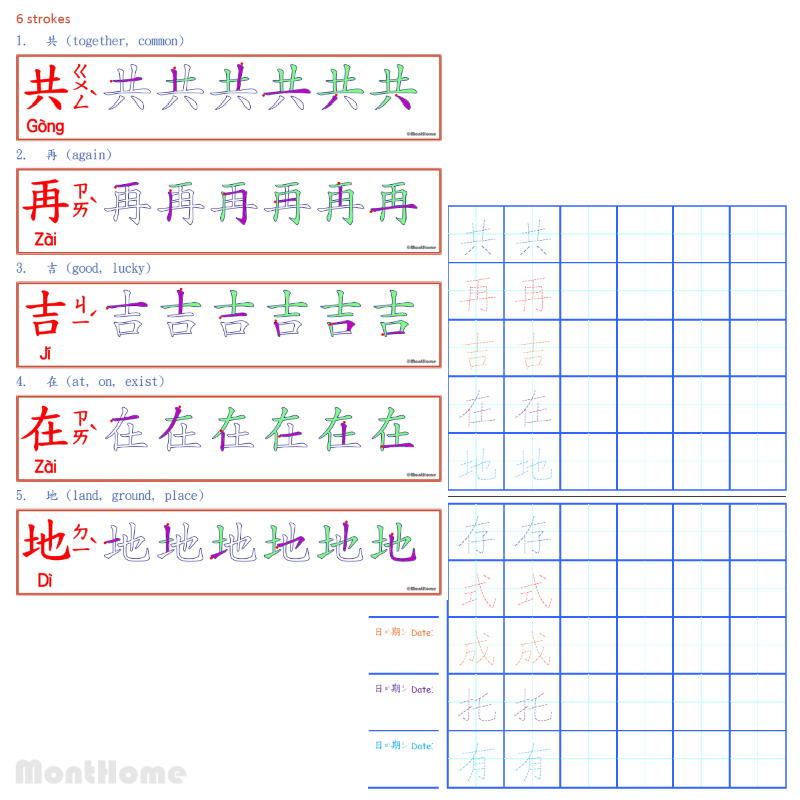To become acquainted with the material, a teacher should not just look at it, study it in a book, or learn its use through the explanations of another. Rather, she must exercise herself with it for a long time, trying in this way to evaluate through her own experience the difficulties of, or the interests inherent in, each piece of material that can be given to a child, trying to interpret, although imperfectly, the impressions which a child himself can get from it. Moreover, if a teacher has enough patience to repeat an exercise as often as a child, she can measure in herself the energy and endurance possessed by a child of a determined age. For this final purpose, the teacher can grade the materials and thus judge the capacity of a child for a certain kind of activity at a given stage of his development.






